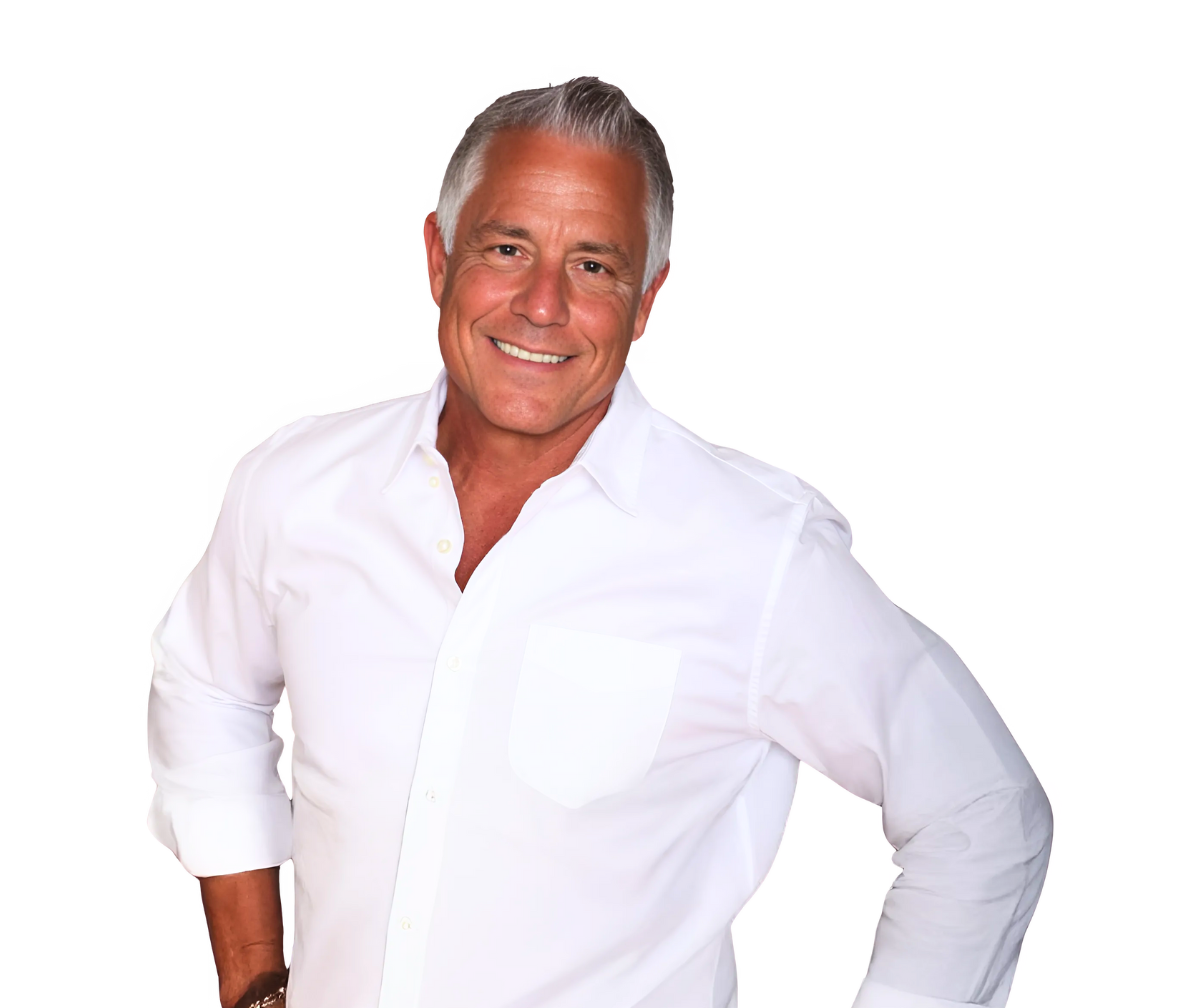Introduction
If you’re over 50 and feeling sluggish, struggling with weight gain, or lacking motivation, low testosterone might be the culprit. Testosterone plays a key role in energy, metabolism, muscle mass, and overall vitality—yet it naturally declines as you age. The good news? You don’t need expensive pills or hormone replacement therapy to fight back. With the right lifestyle adjustments, you can naturally increase testosterone levels and reclaim your energy and strength.
Why Testosterone Declines After 50
- Testosterone levels drop by about 1% per year after 30, leading to fat gain, muscle loss, and lower energy levels. (Harvard Medical School, 2022)
- Low testosterone is linked to poor sleep, insulin resistance, and increased stress hormones (cortisol), all of which make it harder to maintain a lean, strong body. (Journal of Clinical Endocrinology & Metabolism, 2021)
- Sedentary lifestyles, processed diets, and high stress accelerate testosterone decline beyond the natural aging process.
How to Boost Testosterone Naturally
1. Lift Weights and Strength Train
Strength training is the most effective way to naturally increase testosterone. Compound movements like squats, deadlifts, and pull-ups stimulate muscle growth and signal the body to produce more testosterone.
✅ Train at least 3 times per week, focusing on heavy, full-body movements.
✅ Incorporate progressive overload, gradually increasing weights over time.
✅ Avoid excessive cardio, which can reduce testosterone if overdone.
2. Eat More Healthy Fats and Protein
Diet plays a crucial role in hormone production. Testosterone is made from cholesterol, so healthy fats are essential for maintaining optimal levels.
✅ Increase your intake of:
- Healthy fats: Avocados, olive oil, nuts, eggs, grass-fed beef.
- Protein-rich foods: Chicken, salmon, Greek yogurt, eggs, and lean meats.
- Zinc-rich foods: Oysters, pumpkin seeds, spinach, and lentils (zinc supports testosterone production).
✅ Avoid excessive sugar and processed foods, which can increase insulin resistance and lower testosterone.
3. Prioritize Quality Sleep
Testosterone production happens during deep sleep. Studies show that men who get less than 6 hours of sleep per night have significantly lower testosterone levels. (JAMA, 2021)
✅ Aim for 7-9 hours of uninterrupted sleep each night.
✅ Keep your bedroom cool, dark, and free from distractions.
✅ Limit screen time before bed—blue light disrupts melatonin production and sleep quality.
4. Reduce Stress and Cortisol Levels
High stress leads to increased cortisol, a hormone that directly suppresses testosterone. (Endocrine Society, 2022)
✅ Practice deep breathing, meditation, or yoga to lower stress.
✅ Engage in enjoyable activities that promote relaxation.
✅ Set boundaries at work and in personal life to reduce unnecessary stress.
5. Get More Sunlight and Vitamin D
Vitamin D is a key regulator of testosterone, yet many men are deficient. Research shows that men with higher vitamin D levels have significantly higher testosterone levels. (NIH, 2021)
✅ Get 20-30 minutes of direct sunlight daily or supplement with 2,000-5,000 IU of vitamin D3.
✅ Eat vitamin D-rich foods: Salmon, fortified dairy, egg yolks.
6. Maintain a Healthy Weight
Excess body fat, especially around the belly, leads to higher estrogen levels and lower testosterone. (Harvard Health, 2022)
✅ Strength training and a protein-rich, low-processed-carb diet help shed fat and support testosterone production.
✅ Reduce alcohol consumption—excessive drinking lowers testosterone and increases estrogen.
7. Optimize Your Daily Habits
✅ Cold Showers & Sauna Therapy: Exposure to heat and cold has been linked to testosterone boosts and improved circulation.
✅ Limit Plastic Exposure: Chemicals like BPA (found in plastics) can disrupt hormone production. Opt for glass or stainless steel when possible.
✅ Have More Sex: Regular intimacy has been shown to increase testosterone levels naturally. (Journal of Sexual Medicine, 2020)
Final Thoughts
You don’t need expensive supplements or hormone therapy to boost testosterone after 50. By lifting weights, improving sleep, eating the right foods, managing stress, and getting enough sunlight, you can naturally increase your testosterone, regain energy, and feel stronger than ever.
Your best years aren’t behind you—they’re ahead. Take action today and take control of your health!
Citations:
- Harvard Medical School. (2022). The Effects of Aging on Testosterone.
- Journal of the American Medical Association (JAMA). (2021). Sleep and Testosterone in Aging Men.
- National Institutes of Health (NIH). (2021). The Role of Vitamin D in Testosterone Production.
- Journal of Clinical Endocrinology & Metabolism. (2021). The Impact of Stress on Testosterone Levels.
- The Journal of Sexual Medicine. (2020). The Connection Between Sexual Activity and Testosterone.
- Endocrine Society. (2022). Cortisol and Its Effects on Male Hormones.
- Harvard Health Publishing. (2022). The Impact of Obesity on Testosterone Levels.


